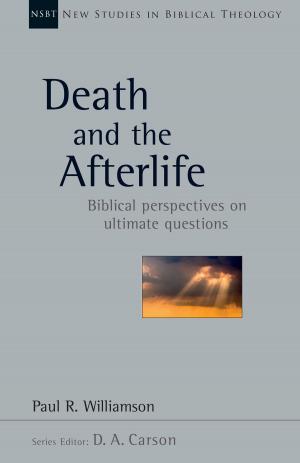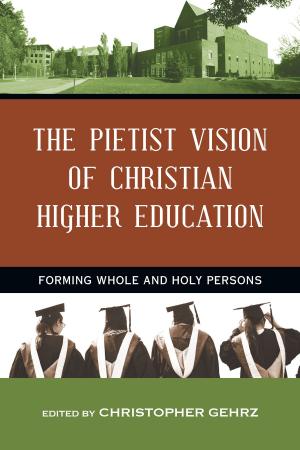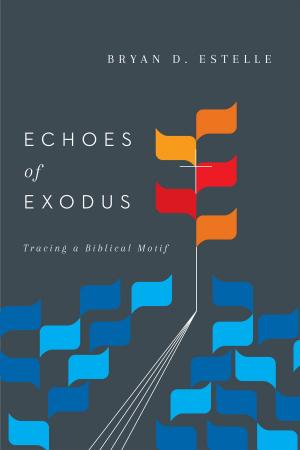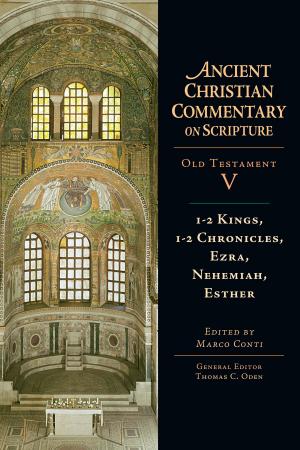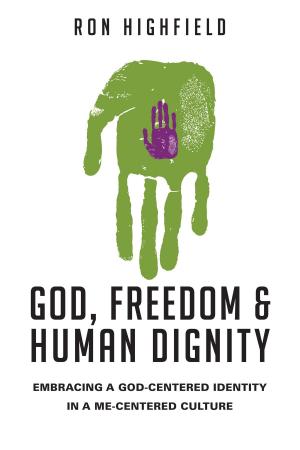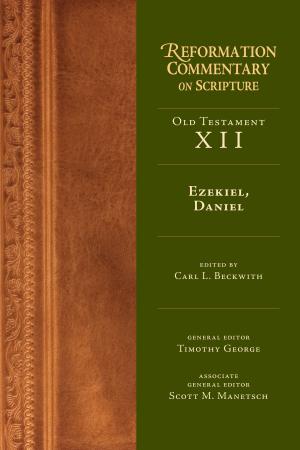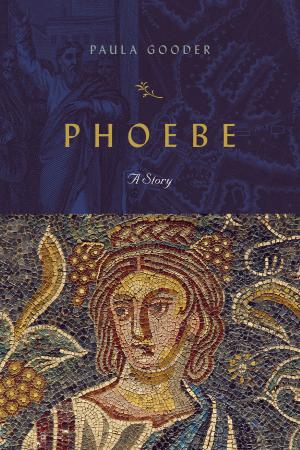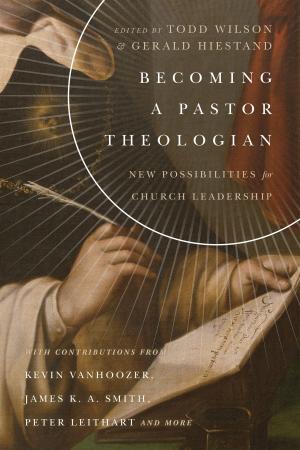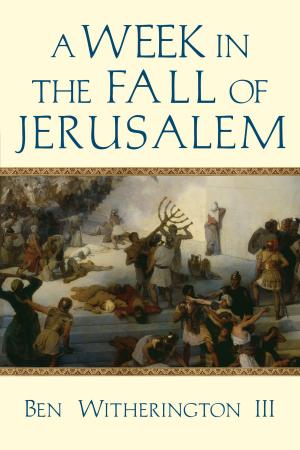Commentaries on the Twelve Prophets
Nonfiction, Religion & Spirituality, Bible & Bible Studies, Old Testament, Commentaries, Christianity, Church, Church History, History, Ancient History| Author: | Jerome | ISBN: | 9780830892532 |
| Publisher: | InterVarsity Press | Publication: | June 5, 2017 |
| Imprint: | IVP Academic | Language: | English |
| Author: | Jerome |
| ISBN: | 9780830892532 |
| Publisher: | InterVarsity Press |
| Publication: | June 5, 2017 |
| Imprint: | IVP Academic |
| Language: | English |
Jerome (c. 347–419/20), one of the West's four doctors of the church, was recognized early on as one of the church's foremost translators, commentators, and advocates of Christian asceticism. Skilled in Hebrew and Greek in addition to his native Latin, he was thoroughly familiar with Jewish traditions and brought them to bear on his understanding of the Old Testament. Beginning in 379, Jerome used his considerable linguistic skills to translate Origen's commentaries and, eventually, to translate and comment on Scripture himself. Jerome began writing commentaries on the twelve minor prophets in 392 while preparing his Latin Vulgate translation of the Bible. After completing Nahum, Micah, Zephaniah, Haggai, and Habakkuk, he was interrupted in 393 by the Origenist controversy, after which he became a vocal critic of Origen of Alexandria. He finished his commentaries on Jonah and Obadiah in 396. These seven commentaries are available in volume one. The Origenist controversy and his commentary on Matthew occupied his time for the next several years. He finally completed the rest of the twelve prophets in 406. This Ancient Christian Text volume, edited and translated by Thomas Scheck in collaboration with classics students from Ave Maria University, includes those final five commentaries on Zechariah, Malachi, Hosea, Joel, and Amos. Throughout these commentaries Jerome refers frequently to the work of previous commentators, and his spiritual exegesis relies heavily on the exegetical work of Origen—though he acknowledges that "I have not followed them in everything." Jerome hears in these texts God's judgment and mercy not only on Israel but especially on the Christian community. In Amos, for example, he says that "whatever we have said about Judah refers to the church." He wrestles especially with the scandalous message of Hosea, which he refers to as drowning with Pharaoh during the crossing of the Red Sea. But he trusts that "the ways of the Lord are the reading of the Old and New Testament, the understanding of the holy Scriptures." Jerome's magisterial commentaries help us walk more faithfully in God's ways.
Jerome (c. 347–419/20), one of the West's four doctors of the church, was recognized early on as one of the church's foremost translators, commentators, and advocates of Christian asceticism. Skilled in Hebrew and Greek in addition to his native Latin, he was thoroughly familiar with Jewish traditions and brought them to bear on his understanding of the Old Testament. Beginning in 379, Jerome used his considerable linguistic skills to translate Origen's commentaries and, eventually, to translate and comment on Scripture himself. Jerome began writing commentaries on the twelve minor prophets in 392 while preparing his Latin Vulgate translation of the Bible. After completing Nahum, Micah, Zephaniah, Haggai, and Habakkuk, he was interrupted in 393 by the Origenist controversy, after which he became a vocal critic of Origen of Alexandria. He finished his commentaries on Jonah and Obadiah in 396. These seven commentaries are available in volume one. The Origenist controversy and his commentary on Matthew occupied his time for the next several years. He finally completed the rest of the twelve prophets in 406. This Ancient Christian Text volume, edited and translated by Thomas Scheck in collaboration with classics students from Ave Maria University, includes those final five commentaries on Zechariah, Malachi, Hosea, Joel, and Amos. Throughout these commentaries Jerome refers frequently to the work of previous commentators, and his spiritual exegesis relies heavily on the exegetical work of Origen—though he acknowledges that "I have not followed them in everything." Jerome hears in these texts God's judgment and mercy not only on Israel but especially on the Christian community. In Amos, for example, he says that "whatever we have said about Judah refers to the church." He wrestles especially with the scandalous message of Hosea, which he refers to as drowning with Pharaoh during the crossing of the Red Sea. But he trusts that "the ways of the Lord are the reading of the Old and New Testament, the understanding of the holy Scriptures." Jerome's magisterial commentaries help us walk more faithfully in God's ways.

